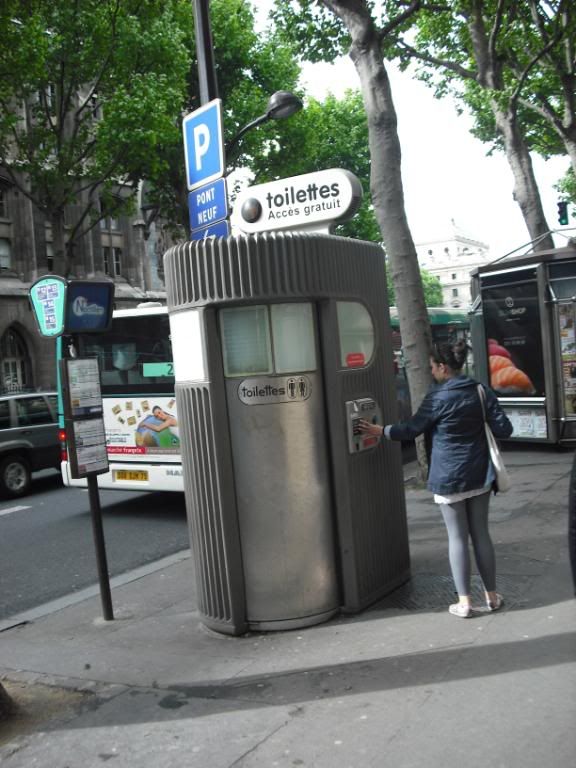
E. F. Schumacher once said: “man is far too clever to be able to survive without wisdom.” And we now need that wisdom in large measure.
Someone said to me today: "the trouble is, (a phrase I dislike as much as "the problem is") there are so many books on this climate change stuff and other problems of our age, but nothing ever gets done."
That is simply not true, but there is always room to do more.
I went recently in London to a day conference at the University of London, the occasion being the launch of
A New Renaissance; Transforming Science, Spirit and Society. This book was born out of a vision by the
Scientific Medical Network of the urgent need for action to address the now deeply rooted and dangerous ecological, political and spiritual crisis in which we find ourselves.
Members of the Network were invited to submit essays on aspects of the crisis, which would discuss the causes of, and/or the paths beyond, the current crisis, to create an important repository of wisdom.
The predominant aim was to underpin a programme of action, to help the Network to “move boldly from theory to practice,” with progressive solutions, not only within the Network itself but by working with other like minded organisations and within the wider global community. What we have now in this excellent volume is a compilation of 25 of the best essays, many of them from some of the world’s leading thinkers, bringing the latest scientific discoveries and philosophical ideas alongside ancient spiritual wisdoms.
The book is divided into four sections, under the headings; Worldviews in Transition, Consciousness and Mind in Science and Medicine, Spirituality and New Understandings of the Sacred, and finally Global and Local Transformation: Governance, Economics and Education (and also including, importantly, a chapter on the role of music and the arts in a possible future). This final part is most important, examining as it does some possible reforms in politics, economics and education, to help "bring forth a society that can sustain the flourishing of human beings in the twenty first century."
The scene is set in the first chapter (by Ervin Laszlo) by diagnosing the world’s own health problems –unsustainable living, irrational behaviours and obsolete beliefs and aspirations. But crisis brings opportunities for transformation, in enlightened politics, a more socially aware business ethic, and personal responsibility. And underlying all of this is the need for a greater spiritual awareness, a shift of our dominant consciousness towards a connectedness with each other and with the natural world, a new understanding of humans as psychic beings. This is a theme that occurs again and again in many of the essays; that rediscovery of our souls, or the spirit in matter, or a sense of the sacred, or changes in human consciousness in some way, will be essential for finding a more meaningful and spirit filled world and for healing our planet. And this new understanding of reality must acknowledge the inadequacy of reductionist materialism and the mechanistic scientific worldview.
Readers will not agree with everything here. Boundaries are being pushed to limits of thought and understanding, but there are common threads of purpose, and urgency. There are practical ideas in plenty, and there are messages of hope from some authors, whilst others seem more doubtful that we still have time for change or indeed about the nature of the crisis itself.
I enjoyed reading all these essays immensely. Some are more technical than others, some the reader will find controversial. But all have their own profoundly important message from the authors’ own hearts. They combine a rich pattern of diverse thinking, knowledge, wisdom and proposed solutions and together they form a valuable resource for healing this wounded earth.
However, all this effort will have been in vain unless the book promotes positive healing actions. As humans we have freedom of choice and the benefits of hindsight and foresight and if we want to we can put this to a healing purpose. And this, we are reminded, will variously require courage, confidence and determination to move ideas forward, changes in education, changes in mindset, hearts and minds, and a sense of personal responsibility. Some believe that change must start from small groups, within community, a bottoms- up approach, and that we have to change our beliefs and attitudes before we can change our values and behaviour. Others stress the need for careful and respectful dialogue to establish a shared wisdom, for a unifying vision of our purpose on this planet and a call for global unity in diversity.
I could go on – there is so much wisdom in these pages. But to go into detail on any specific chapter would surely offend, albeit unintentionally, those I have left out.
As humans we yearn to be happy, at peace, part of a global family. This book is an important step in that direction if we heed its wisdom and advice.
(This article, with a few small changes, repeats the review I have posted on
Amazon.com and
Amazon.co.uk).






















